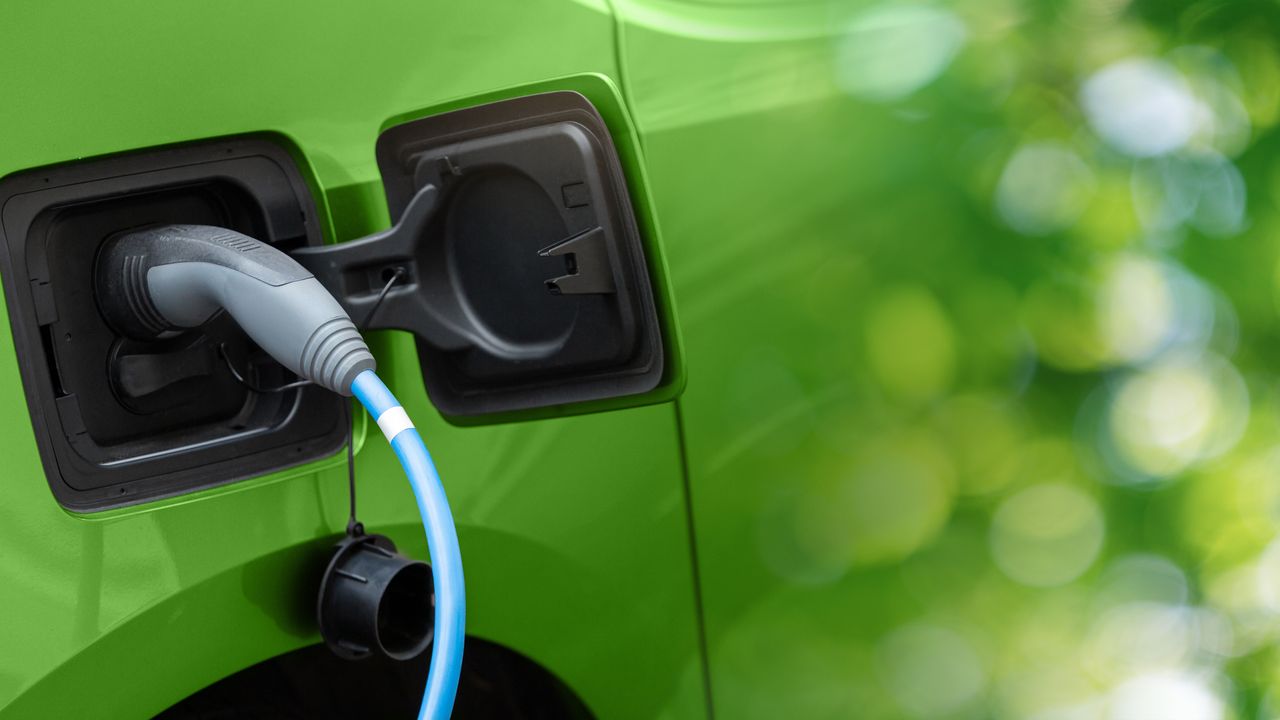EV Charging Station Scheduling: Ensuring Fairness and Prioritizing Convenience
As the popularity of electric vehicles (EVs) continues to soar, the need for accessible and efficient charging infrastructure becomes paramount. EV charging stations play a crucial role in supporting the growing EV market, but with limited resources, it becomes essential to implement a fair and effective scheduling system to ensure everyone gets a chance to charge their vehicles conveniently. In this blog post, we will explore the importance of charging station booking, scheduling fairness, and prioritization.
The Need for Charging Station Booking
Gone are the days when you could simply drive up to a gas station and fill up your tank within minutes. EVs require charging, which takes time. Consequently, it becomes crucial to have a system in place that allows users to reserve their charging slots in advance.
Charging station booking offers several advantages. Firstly, it eliminates the uncertainty of finding an available charging station when you need it the most. By allowing users to book their slots, it ensures that they have a guaranteed spot to charge their vehicles, reducing anxiety and inconvenience.
Secondly, charging station booking enables users to plan their trips effectively. Whether it’s a long journey or a daily commute, knowing that a charging station is reserved for you at a specific time allows for better route planning and peace of mind.
Ensuring Charging Station Scheduling Fairness
With the increasing number of EVs on the road, it becomes essential to implement a fair scheduling system that caters to the needs of all users. Fairness in charging station scheduling ensures that no one is left behind and that everyone has equal access to charging infrastructure.
One way to achieve fairness is by implementing time limits for each charging session. By setting a reasonable time limit, users are encouraged to promptly move their vehicles once charging is complete, allowing others to utilize the charging station efficiently. This prevents situations where a single vehicle monopolizes the charging station for an extended period, inconveniencing other EV owners.
Another aspect of fairness is the allocation of charging slots. Charging stations should be strategically located to serve a wide range of users, considering factors such as population density, EV ownership, and accessibility. By ensuring an equitable distribution of charging stations, everyone has a fair chance of finding a nearby station when needed.
Prioritizing Charging Station Usage
While fairness is crucial, there are instances where certain users may require priority access to charging stations. For example, emergency vehicles, taxis, or delivery services heavily rely on EVs for their operations. Prioritizing their charging needs can help ensure the smooth functioning of essential services.
Implementing a priority system involves designating specific charging stations exclusively for priority users. This ensures that they have quick and convenient access to charging infrastructure, minimizing any potential disruptions to their operations.
Additionally, offering priority access to charging stations for users with low battery levels can prevent situations where someone is left stranded due to insufficient charge. By prioritizing those in immediate need, the charging infrastructure becomes more reliable and efficient for all users.
Conclusion
EV charging station scheduling plays a vital role in ensuring fairness and convenience for all EV owners. By implementing charging station booking, scheduling fairness, and prioritization, we can create a system that caters to the needs of a growing EV market while minimizing inconvenience and maximizing efficiency. As the EV industry continues to evolve, it is crucial to invest in charging infrastructure and develop innovative solutions to meet the demands of an electrified future.
